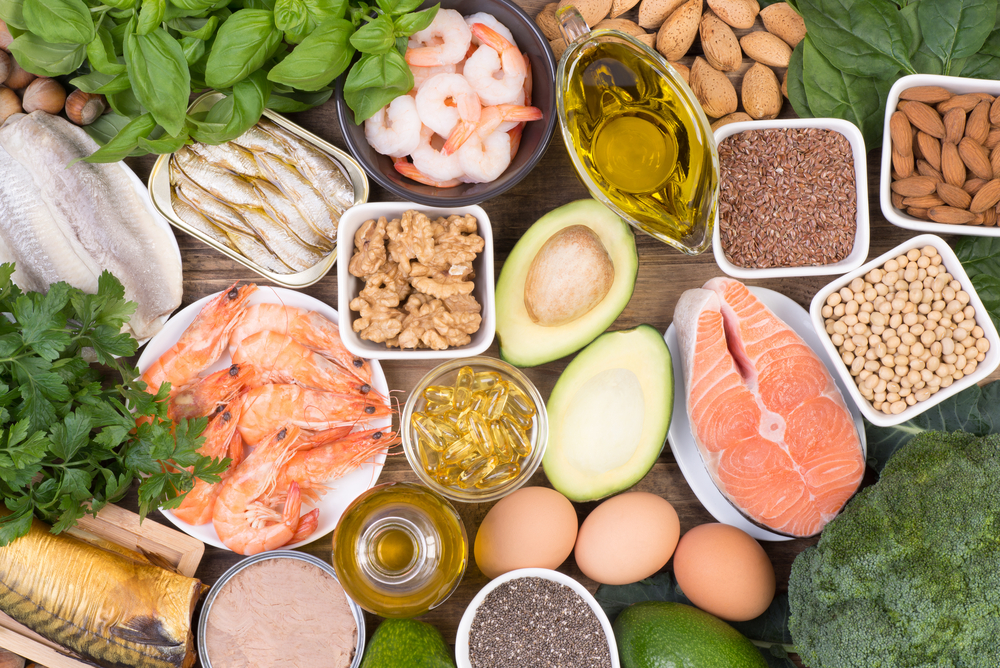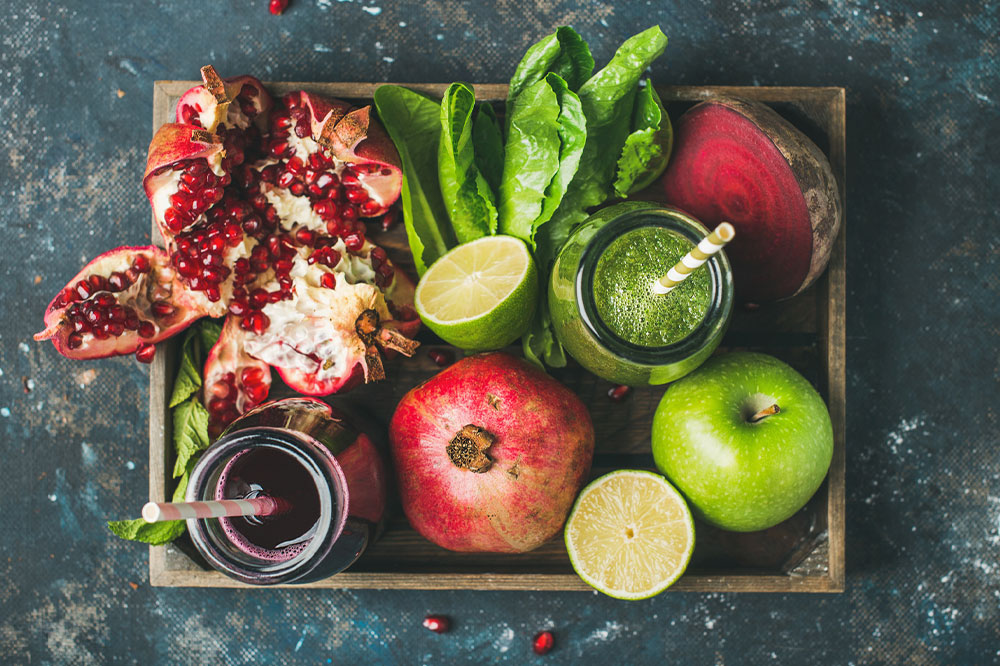Top 11 Food Strategies to Alleviate Heartburn
Discover 11 effective dietary strategies to alleviate heartburn and manage acid reflux symptoms naturally. This guide highlights foods like ginger, apples, and fermented options, along with lifestyle tips to reduce discomfort. Consult your doctor before making significant dietary changes to ensure safety and effectiveness in managing GERD. A balanced approach inclusive of hydration and proper nutrition can significantly improve quality of life for those experiencing heartburn.

Top 11 Food Strategies to Alleviate Heartburn
Heartburn, a common symptom of acid reflux, happens when stomach acid flows back into the esophagus. A weakened lower esophageal sphincter (LES) is often the cause, allowing stomach contents to escape upwards. Diet significantly influences stomach acid production; choosing the right foods can help manage GERD symptoms effectively.
Here are 11 dietary approaches and food choices to help reduce heartburn discomfort:
Ginger – Known for its immune-boosting and anti-inflammatory properties, ginger supports gut healing. It inhibits Helicobacter pylori bacteria, which can lead to ulcers and increased acid.
Apple Cider Vinegar – Frequently used to ease reflux, it helps regulate stomach acid levels. Begin with a teaspoon before meals for best results.
Turmeric – Contains curcumin, which fosters esophageal cell repair and diminishes inflammation, making it effective against acid reflux symptoms.
Wild Salmon – Rich in astaxanthin, an antioxidant that lessens reflux triggers caused by indigestion.
Pineapple – Despite being citrus, it contains bromelain, aiding protein digestion and reducing inflammation and pain related to indigestion.
Sunflower Seeds – Packed with antioxidants and vitamin E, these seeds help ease acid reflux severity and soothe esophageal mucosa.
Apples – Providing flavonoids like quercetin, apples can help diminish acid reflux symptoms.
Celery – An anti-inflammatory vegetable that shields the stomach lining and decreases ulcer risk.
Spinach – Rich in minerals and containing natural antacids, spinach supports digestion and prevents reflux.
Sauerkraut or Kombucha – Fermented foods with probiotics that promote healthy digestion and reduce heartburn episodes.
Coconut – Possesses antimicrobial qualities, soothing the gut, and preventing infections that may exacerbate reflux.
In addition to dietary choices, maintaining adequate hydration helps minimize stomach acidity. Always consult a healthcare professional before starting new treatments or adding specific foods, especially if on medication, to prevent adverse reactions. Avoid self-medicating with acid blockers without medical advice.
Note: This blog offers varied information to assist readers in understanding health topics better. It should not replace professional medical advice. The editorial team is not responsible for errors or variations in data across other sources. Please consult healthcare providers for personalized treatment options and availability of benefits or schemes.









